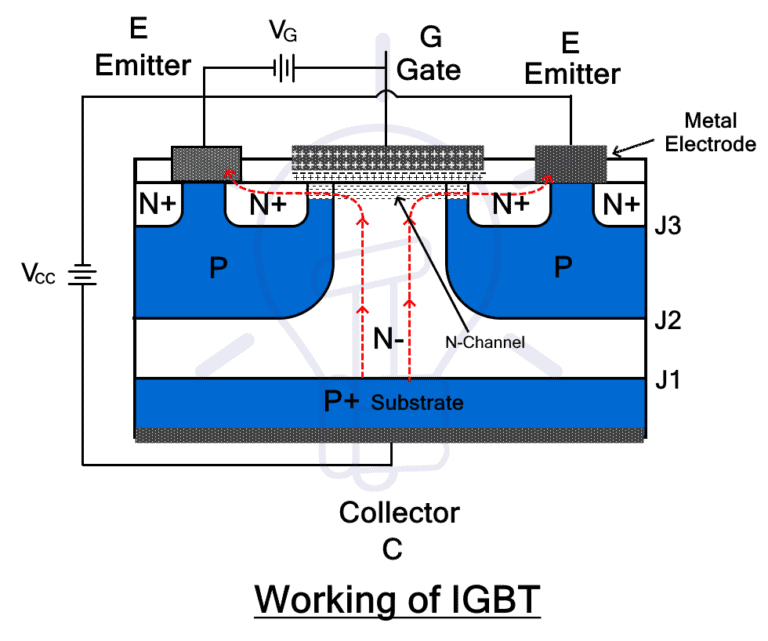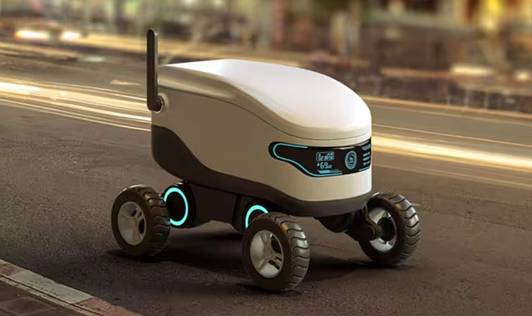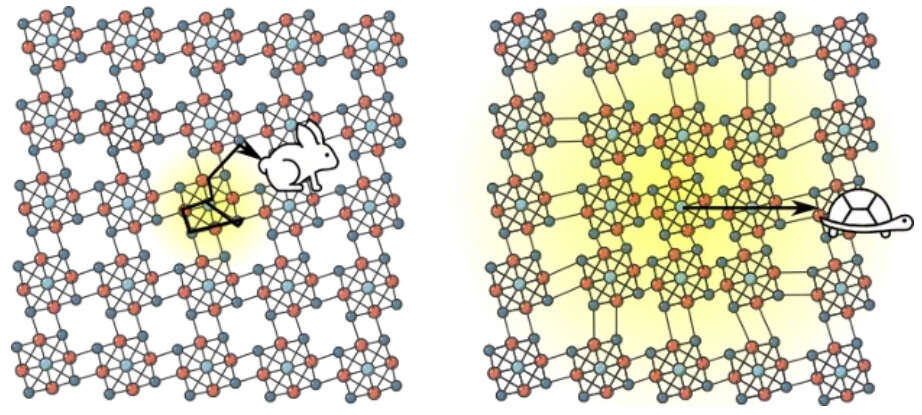An Insulated Gate Bipolar Transistor (IGBT) is a semiconductor device primarily used as an electronic switch in power electronic circuits. It combines the high-speed switching capability of a MOSFET with the high-current handling capability of a bipolar junction transistor (BJT).

Here are some key characteristics and features of IGBTs:
-
Structure: An IGBT is a three-terminal power semiconductor device that consists of a MOSFET input stage integrated with a bipolar power transistor output stage.
-
Operation: IGBTs combine the advantages of MOSFETs (high input impedance and voltage-driven operation) with those of bipolar transistors (low conduction voltage drop and high current-carrying capability).
-
Control: IGBTs are switched on and off by applying a control signal to the gate terminal, just like a MOSFET. When the gate signal is applied, the IGBT conducts current between its collector and emitter terminals. When the gate signal is removed, the IGBT turns off.
-
Applications: IGBTs are widely used in various high-power applications such as motor drives, inverters, power supplies, and electric vehicle applications due to their capability to handle high current and high voltage while also being controllable by low-power signals.
-
Advantages: IGBTs offer low on-state voltage drop, low switching losses, and high current-carrying capability, which makes them suitable for high-efficiency power conversion applications.
-
Disadvantages: IGBTs also have limitations such as higher conduction losses compared to MOSFETs, and slower switching speeds compared to pure MOSFETs. However, advancements in IGBT technology have helped in mitigating these drawbacks to a large extent.
-
Modules: IGBTs are often used in high-power applications as part of IGBT modules, which may include additional components like diodes and sometimes also gate driver circuits for proper control and protection.

General Comparison with BJT and MOSFET
As we have discussed above, IGBT takes the best parts of both BJT and MOSFET. Therefore, it is superior in almost every way. Here is a chart of some of the characteristics showing the comparison between IGBT, BJT and MOSFET. we are comparing power devices in their max capabilities.
| Characteristic | Power BJT | Power MOSFET | IGBT |
| Voltage Rating | High < 1kV | High < 1kV | Very High > 1kV |
| Current Rating | High < 500 A | Low < 200 A | Very High > 500 A |
| Input Parameter | Base Current, Ib | Voltage, VGS | Voltage, VGE |
| Input Drive | Current gain (hfe)
20-200 |
Voltage, VGS
3-10V |
Voltage, VGE
4-8V |
| Input Drive Power | High | Low | Low |
| Input Drive Circuitry | Complex | Simple | Simples |
| Input Impedance | Low | High | High |
| Output Impedance | Low | Medium | Low |
| Switching Loss | High | Low | Medium |
| Switching Speed | Low | Fast | Medium |
| Cost | Low | Medium | High |
In summary, IGBTs are crucial components in modern power electronics, offering a balance between low conduction losses and controllability, making them suitable for high-power, high-frequency switching applications such as motor control, renewable energy systems, and industrial power supplies.


